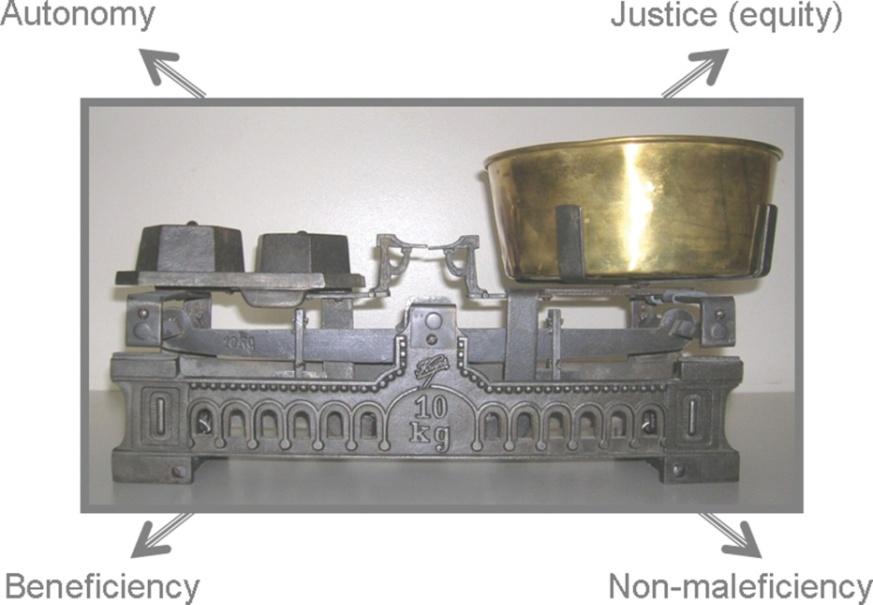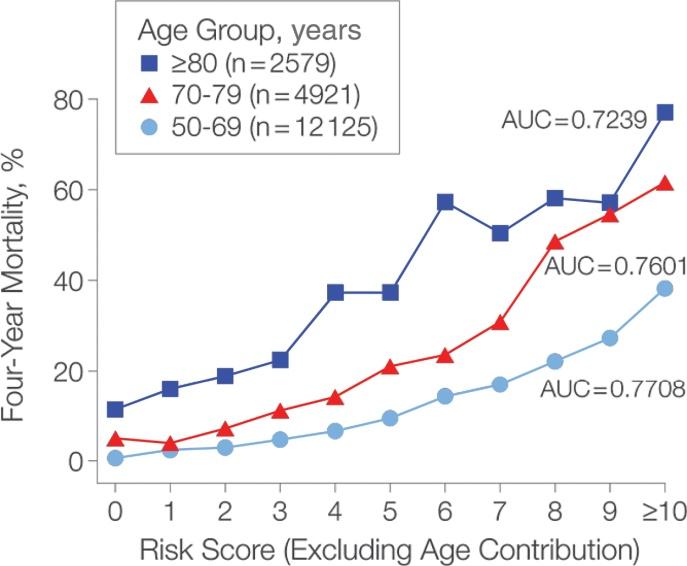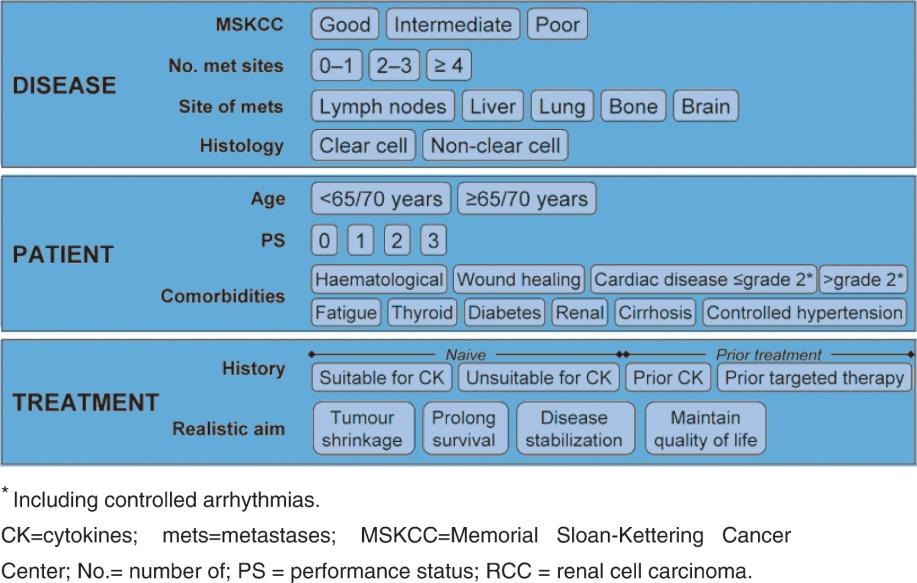
1 minute read
Vulvar Cancer
• IVA: Tumour invades bladder and/or rectal mucosa and/or direct extension beyond the true pelvis. Treatment: In localised disease, a pelvic exenteration is a surgical option with a cure rate of about 50%. • IVB: Spread to distant organs. Treatment: Palliative chemotherapy can be considered.
The prognosis of stage IV disease is poor, with a five-year survival of <10%. However, in case of a rectovaginal or vesicovaginal fistula with distant disease, one should also consider exenteration or derivation surgery to improve quality of life.
Advertisement
Adjuvant concomitant chemoradiation is recommended in case of lymph nodes or surgical margin involvement.
Primary vulvar cancers represent about 4% of female genital tract malignancies. It is mainly a disease for women older than 60 years. The 2008 FIGO staging system is used.
Stage 0
Stage 0 represents a carcinoma in situ. The five-year survival is 100%. The preferred treatment is surgical excision of the lesion. Alternatively, after invasive disease has been ruled out, topical administration of 5-fluorouracil or imiquimod can be used.
Stage I
In stage I the tumour is confined to the vulva. Stage I can be divided into the following:
• IA: The lesions are ≤2.0 cm in size, confined to the vulva or perineum and with stromal invasion <1.0 mm and no nodal metastasis(es). Treatment consists of wide local excision (tumour-free margin ≤1.0 cm) without lymph node dissection. • IB: The lesions are >2.0 cm in size or with stromal invasion ≤1.0 mm, confined to the vulva or perineum with negative nodes. Treatment consists of wide local excision or (hemi)vulvectomy (tumour-free margin ≤1.0 cm) with lymph node dissection. o The use of sentinel node biopsy is recommended for evaluation of the lymph nodes. If the lymph node is involved, an inguinofemoral lymphadenectomy should be performed. For centralised lesions, a bilateral inguinofemoral lymphadenectomy is indicated. For lateralised lesion, an ipsilateral iguinofemoral lymphadenectomy is performed. o Adjuvant chemoradiation is indicated in patients with involved lymph nodes or margins, which cannot be re-resected. Cisplatin is preferably used as a radiation sensitiser.





